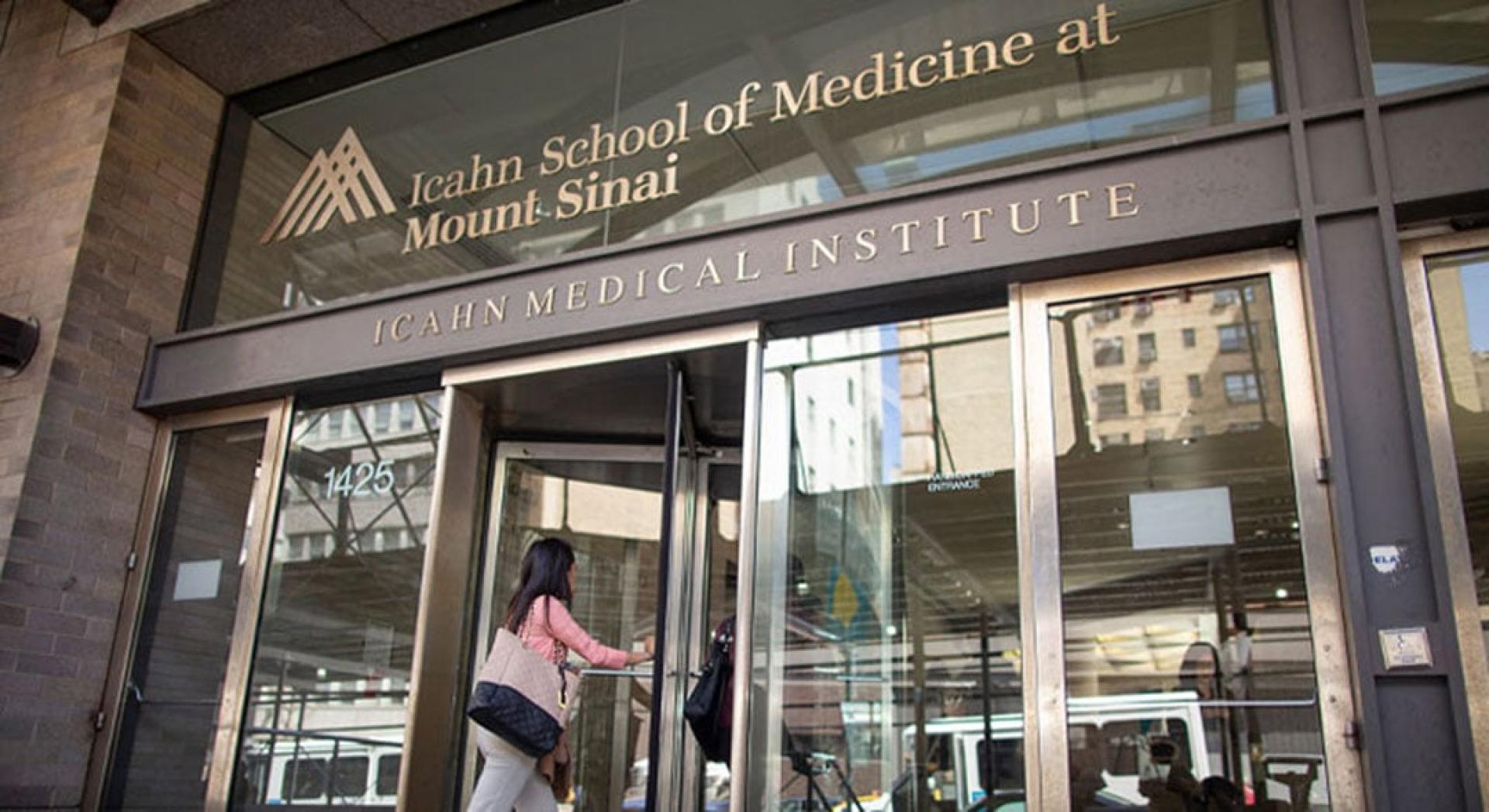A latest study by a team from the Icahn School of Medicine at Mount Sinai in New York City has revealed that the human heart possesses the capability for self-repair, a finding that could potentially revolutionize the treatment of heart disease. The research paper was published on the 3rd in the international academic journal Regenerative Medicine.
The team discovered that a gene called “Cyclin A2” (CCNA2), which is shut off after birth, can, if reactivated, enable adult heart muscle cells to divide and regenerate again. The researchers had already successfully validated this technology in pig experiments a decade ago, and this is the first time the method has been proven effective on heart cells from middle-aged human donors.
The researchers used a harmless virus to deliver the active CCNA2 gene into heart cells extracted from donors aged 21 to 55. The results showed that even heart muscle cells from middle-aged patients could be induced to newly divide and generate normal, healthy heart cells. This technique allows human heart muscle cells to temporarily reverse time, reactivate certain growth genes, and become capable of dividing and repairing the heart.
The lead researcher, Chaudhry, stated that this achievement pushes heart disease treatment from symptom management to a new stage of actual repair. The next step for the team is to apply to the US Food and Drug Administration (FDA) for permission to conduct human trials, aiming to develop therapies that allow the heart to self-heal and reduce dependence on heart transplantation and mechanical assistance.
